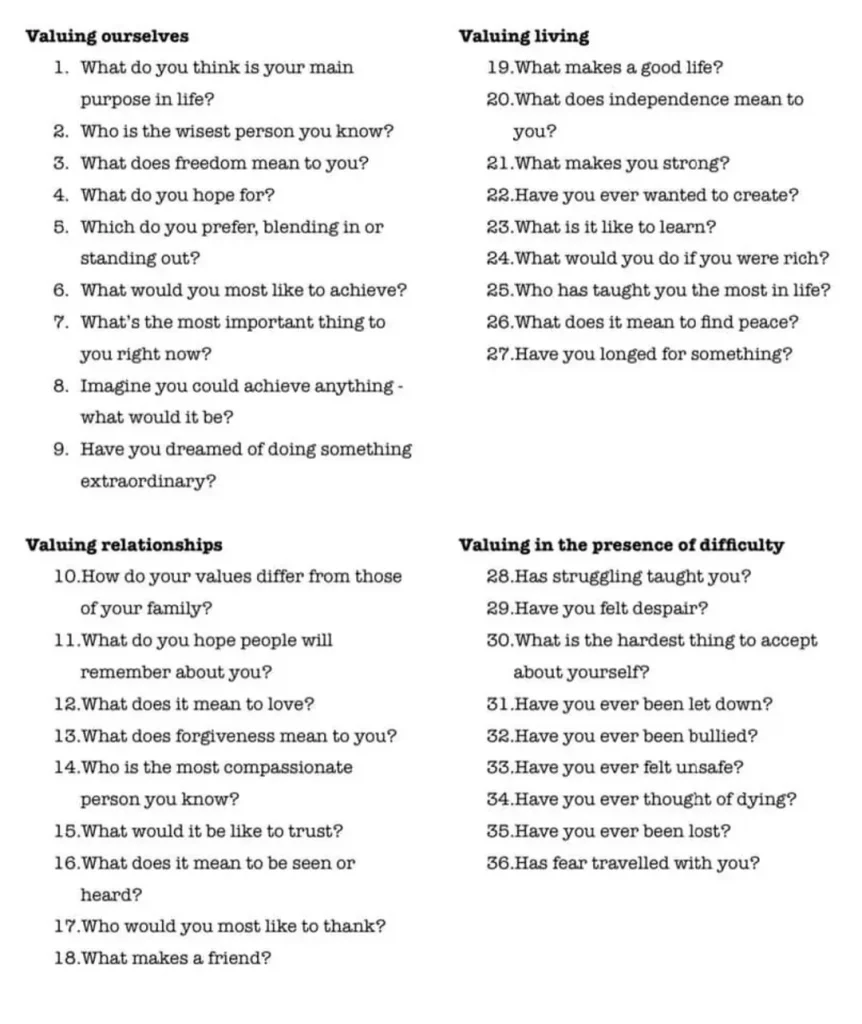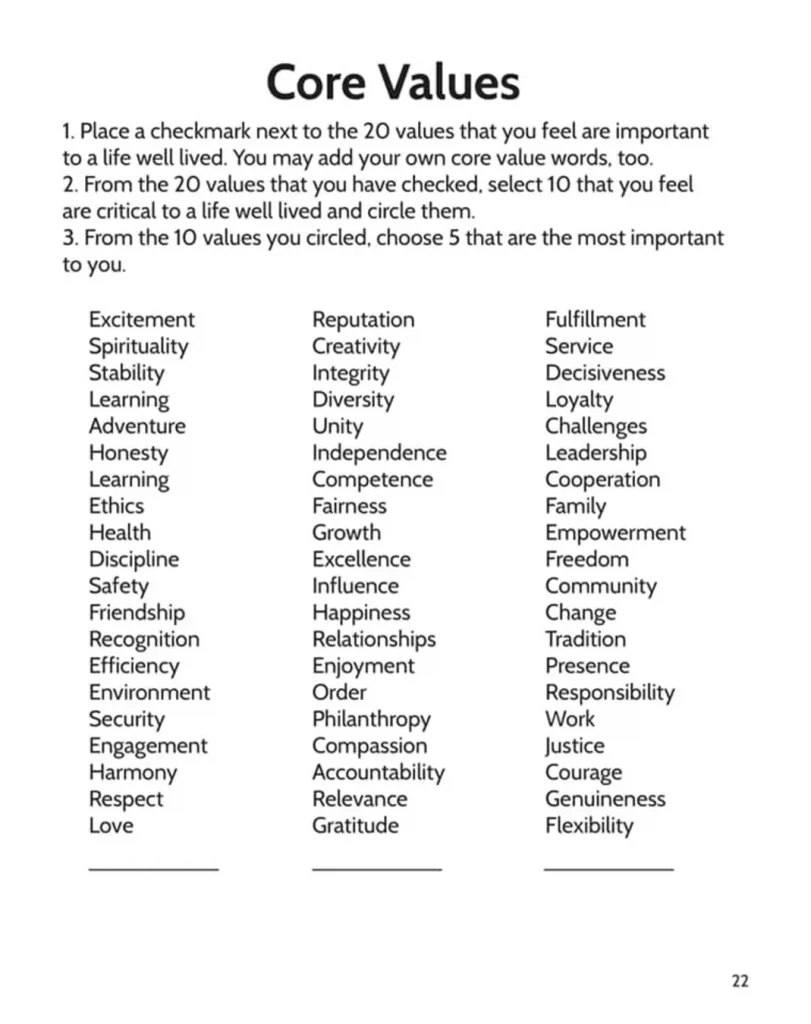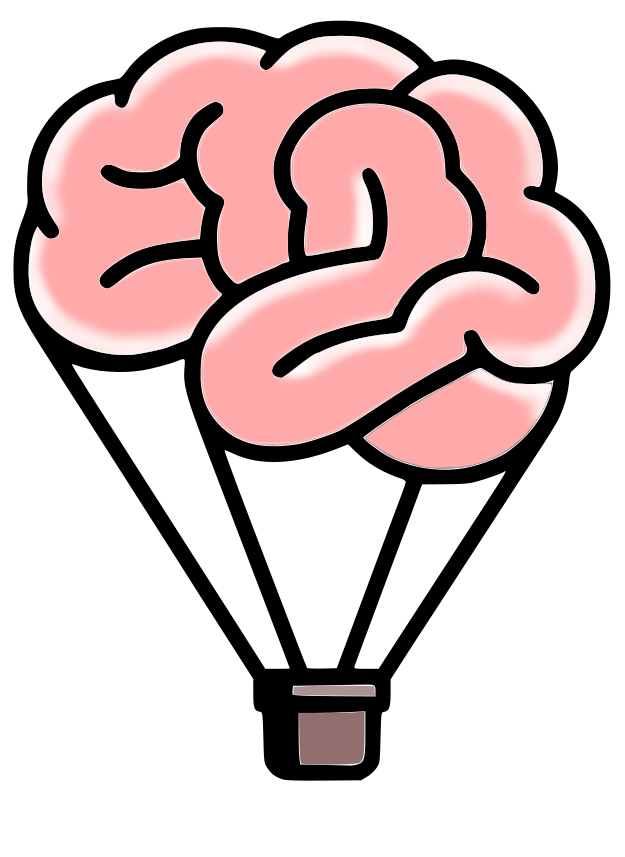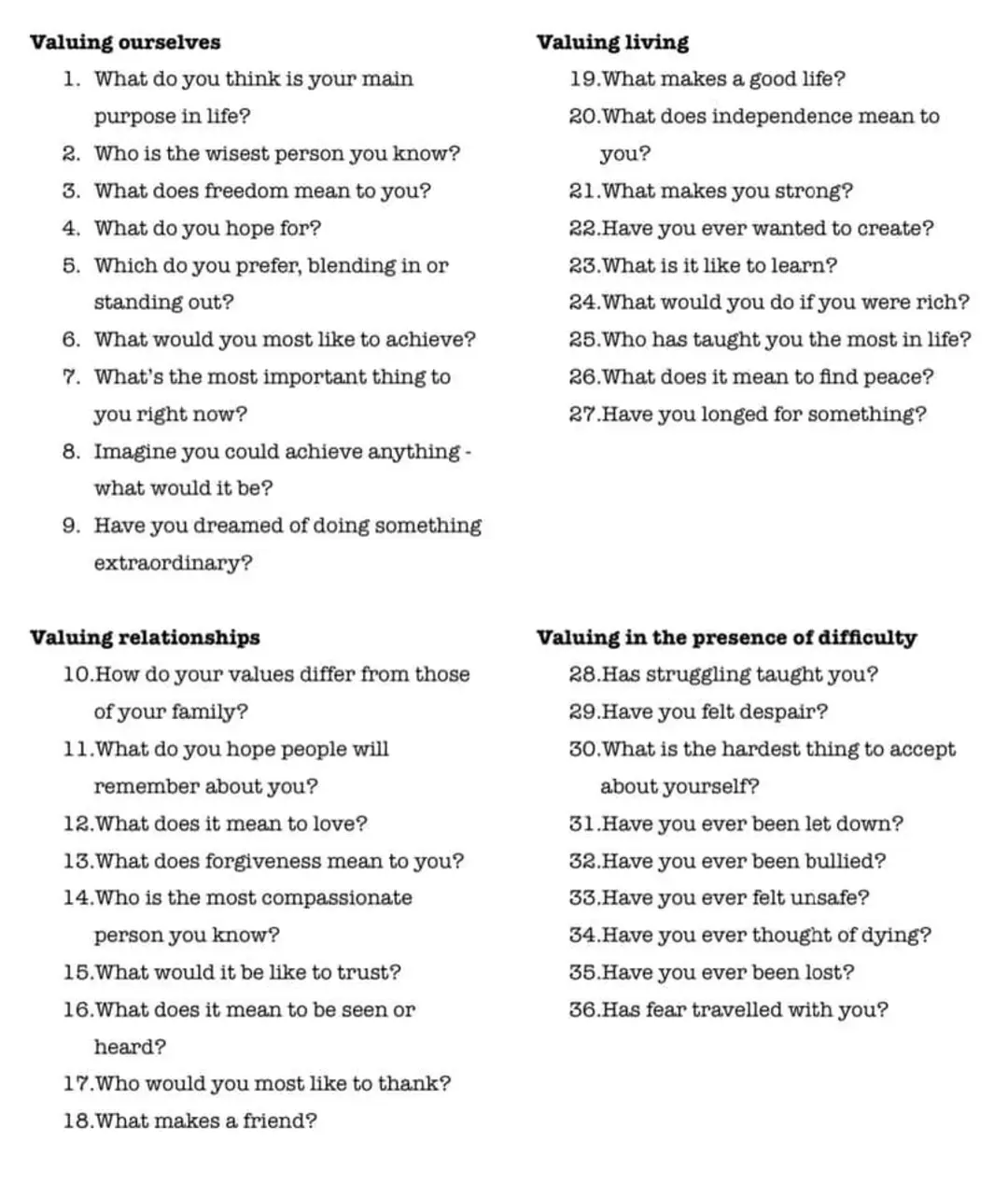Hi,
Dr. Morris here. I’m writing this first message for the Liberated Mind Monthly Newsletter. Next month, or maybe the month after, Julare and I will be posting a short video to go along with our monthly message. We look forward to sharing that brief introduction with you. For now, let’s jump in.
In many ways, VALUES are the heart of what we focus on here at Liberated Mind.
But what are values?
Addressing this question seems like a good place to start the Liberated Mind newsletter.
For the last decade, I’ve been writing about values. I’ve studied how values change over time, how values predict behavior, and most recently how values create identity groups.
Yeah, okay, but what are values?
The academic definition goes like this:
Values are “those conceptions of desirable states of affairs that are used as criteria of evaluation” (Williams, 1967, p. 23). Values look forward as hoped for “states of being that constitute standards or criteria for making decisions and for justifying behavior” (Gecas, 2008, p. 345). Schwartz and Bilsky (1987) outline values as “1) beliefs linked inextricably to emotion, 2) desirable goals motivating action, 3) transcending specific actions and situations, 4) serving as standards or criteria, and are 5) ordered by importance relative to one another” (p. 551). Further, the relative importance of multiple values guides action (Schwartz, 1994). Values are cognitive conceptions of what “ought” to be (Smith, 1969, p 102).
So, what does that all mean?
Values have two parts. The first part is 1) values are abstract concepts or meanings guiding how we “ought” to be in the world. The second part is 2) values get internalized according to how we rank them; ranking depends on our level of commitment to a value, the sense of importance we place on a value, and the salience of that value in our lives.
Take for example kindness as a value. What is kindness?
Here’s how Merriam-Webster defines kindness:
kind·ness | \ ˈkīn(d)-nəs
(noun)
1 : the quality or state of being kind treating people with kindness and respect
2 : a kind deed : favor They did me a great kindness.
3 : archaic : affection
Merriam-Webster
Kindness is defined as “the quality of treating people with affection, care, respect (and even though it’s bad form to use a word to define itself) kindness.”
If a person accepts this meaning of kindness as a value in their life, they become committed to it, feel it is important, and then that value will be a salient principle influencing attitudes and behaviors.
Kindness will then guide a person, how they “ought” to think and behave.
Another feature of values has to do with how they get internalized as a part of the self. Values become parts of our identity. Social scientists call these “value-identities”. Value-identities move across situations, to groups we are a part of and relationships we have. Value-identities also enter into our private thoughts and behaviors.
For example, as kindness becomes more central to my sense of self, I will increasingly use kindness to define how I ought to be a kind citizen of the world and my country, a kind worker, a kind friend, kind in my interactions both big and small.
In this way, values move across our lives.
Because we are a part of different groups, having different relationships influencing our ideas about the world in different ways, sometimes our values(and identities) come into conflict or compete with each other. The more committed we are to a value-identity, the more we feel it is important to us, the more that value-identity will influence our thoughts and behavior, at times pushing down values we feel are less important, values we are less committed to.
Conflict between values is natural! If I value adventure but also value spending time with my family, these values will be in competition at times. Is this conflict between values wrong?
No. Of course not!
What this means: as the commitment, importance, and salience of our values changes across our lives there will be natural moments of adjustment for our value-identities. The trick is to check-in with our values and to find an equilibrium. Sometimes the relationship between our values flows nicely. Sometimes, it is a struggle. Both are natural. This is one of the primary things we work on here at Liberated Mind.
On page 115 of Man’s Search for Meaning Viktor Frankl says we often need to look outside of ourselves for these values. He calls them our “why”.
“Being human always points, and is directed, to something, or someone, other than oneself – be it a meaning to fulfill or another human being to encounter.”
Mans Search for Meaning — Viktor E. Frankly
Frankl is inviting us to let go of our obsession (it is sometimes called an addiction) to ourselves and to values centered ONLY in self, what he calls “creative values,” things like self-realization, self-improvement, and yes, even happiness.
Instead, Frankl urges us to focus on meanings that lie outside the boundaries of our own thoughts (from the video below: experiential values + attitudinal values vs. creative, self-focused, values).
That being said, it is necessary to center some values around things that live within each of us, things like authenticity and integrity, for example. Frankl’s invitation is about finding and living a full life.
Frankl created Logotherapy to outline how values provide meaning in our lives. There are three principles to this process.
Viktor Frankl
1. The first basic principle is that life has meaning in all circumstances, even despondent ones.
2. The second principle is that the main motivational force is the desire to find meaning in life.
3. Lastly, the third basic principle states that humanity has the freedom of attitudinal choice, even in situations of unchangeable affliction (Frankl, 1959).
The three types of values he describes are: 1) creative, 2) experiential, and 3) attitudinal values (Hatt, 1965). Creative values consist of achievement of tasks such as painting a picture or tending a flowerbed (Boeree, 2006). Experiential values consist of encountering another human, such as a loved one, or by experiencing the world through a state of receptivity such as appreciating natural beauty (Hatt, 1965). Attitudinal values speak of the potential to make meaningful choices in situations of suffering and adversity (Gelman & Gallo, 2009).
Frankl argues that it is important to honor each of these value types, and to avoid getting overly focused on creative (self-focused) values; doing so is a recipe for psychological suffering because life is often challenging (haven’t you noticed?!) and living a life of meaning requires a balance of values.
One final thought about values. We often confuse values with goals.
Values are not goals.
You cannot check a value off the list as accomplished. Values are a guide. They orient where we ought to go. Values are the journey and not the destination. Values can help take us toward our goals; but thinking about values, how would we ever check kindness off the list as complete, as finished?
Final Takeaway
Values ask us two important questions:
- What is most important in our lives? And,
- Do our thoughts and actions take us toward those things we consider most important?
What are your values?
The image below is a primer to get you to start thinking about your values. What do you want your life to be about?

Here’s a list of words for some of the values people commonly report:

—
This post does not constitute therapeutic counseling or advice; the contents of this post are provided as a learning resource. We share the contents hoping that if you are in need of mental health support you will reach out to us directly or to a mental health professional in your area.

CC BY-NC-SA

